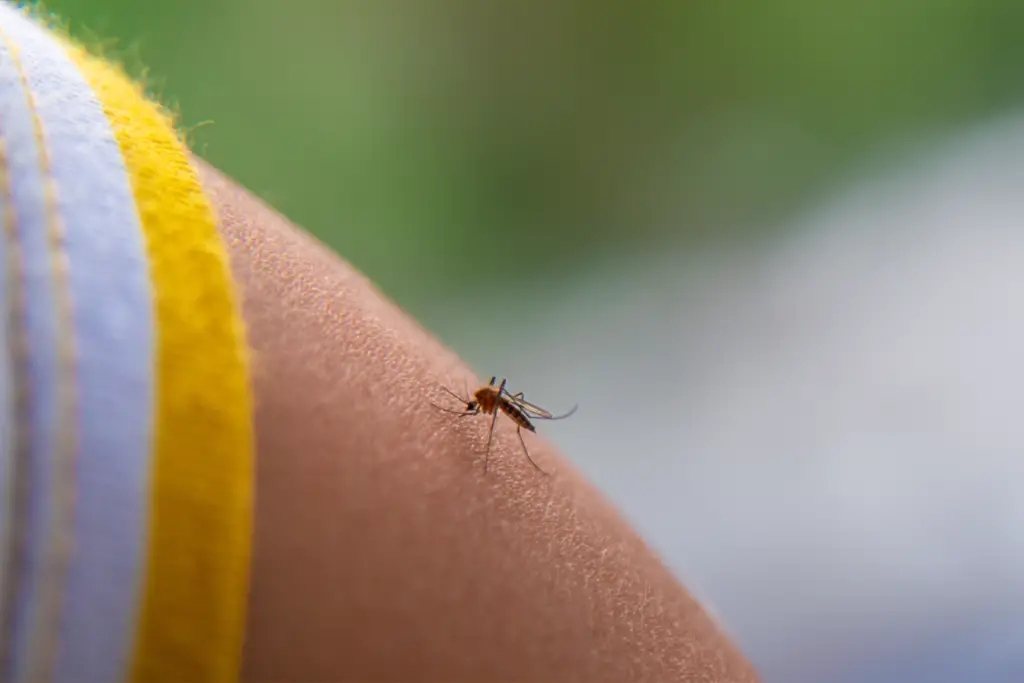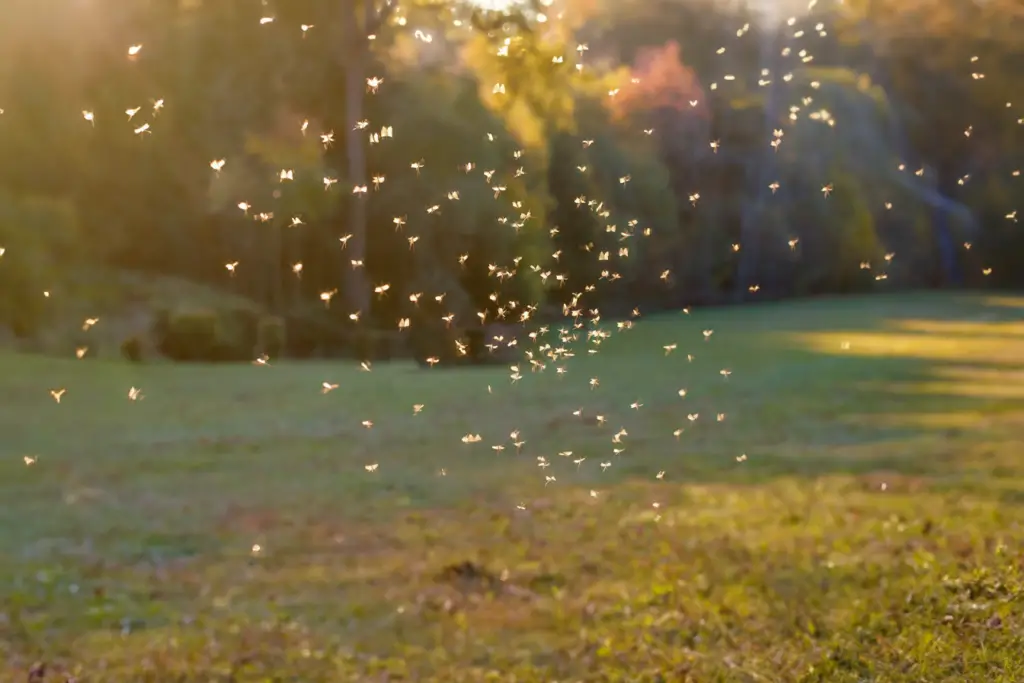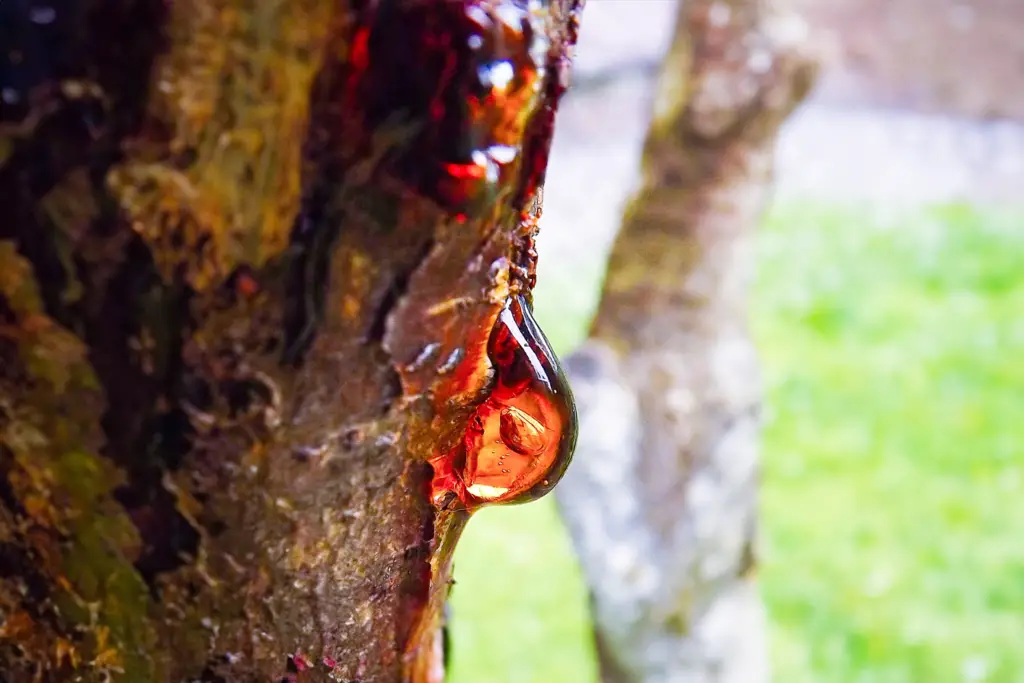
If you’ve ever wondered why mosquitoes seem to be more attracted to you than to others, you’re not alone. Many factors contribute to a mosquito’s preference for one person over another. For starters, these pesky insects are drawn to carbon dioxide, which we emit when we breathe. That means simply being alive and breathing could make you a target. In addition to CO2, they’re guided by their keen sense of smell, homing in on certain odors produced by your skin.
Your body chemistry plays a crucial role in how attractive you are to mosquitoes. Substances like lactic acid, which can be present on your skin after exercising, are known to lure mosquitoes. Moreover, your body heat and even the color of your clothing can make you stand out to these bloodsuckers. Scientific research has even suggested that factors such as your blood type could increase your appeal to mosquitoes, making some people more prone to bites than others.
Understanding what attracts mosquitoes is crucial to protect yourself against them, especially since they can transmit diseases like malaria and the Zika virus. By being aware of what makes you alluring to these insects, you can take steps to reduce your mosquito appeal, such as avoiding potassium rich foods like bananas or certain scented lotions and perfumes that might attract them. Knowledge is power, and in this case, it might just save you from a few itchy bites.
Mosquitoes Attraction Triggers
Mosquitoes are drawn to humans for a variety of reasons, and understanding them can help reduce your chances of getting bitten. Let’s dive into what triggers their attraction.
Carbon Dioxide Emissions
You might not see it, but when you exhale, mosquitoes notice. Carbon dioxide is a major mosquito magnet, with these pests using it to locate their next target. The more you emit, the easier you are to find.
Body Heat and Sweat
Your body heat and sweat create an irresistible combination for mosquitoes. Physical activity increases body temperature and sweat production, making you a beacon for these pests.
Skin Bacteria
The bacteria living on your skin contribute to your unique scent. Some bacteria types are more attractive to mosquitoes, leading them straight to you.
Dark Clothing
Finally, it turns out your attire can make a difference. Mosquitoes are attracted to dark colors like black, blue, and red, so what you wear can increase your visibility to these insects.
Breeding Preferences for Mosquitoes
When you’re dealing with mosquitoes, understanding where and how they breed can be crucial to controlling their population around your home.
Standing Water
Mosquitoes are notorious for laying their eggs in standing water. This can include a variety of sources, such as bird baths, open barrels, and even plant saucers that hold excess water. It’s important to regularly empty and clean out any containers that can collect water to interrupt their breeding cycle.
Murky or Stagnant Water Bodies
Female mosquitoes also seek out murky or stagnant water bodies like ponds, marshes, and ditches, as they often provide an ample supply of nutrients needed for their offspring. Keeping your nearby surroundings clean and free of trash can reduce the availability of such breeding spots.
Chemical Attractants
You might be surprised to learn just how much you’re on a mosquito’s radar due to the unique chemical cocktail your body emits. Here’s a closer look at the specific substances that make you irresistible to these pesky insects.
Lactic Acid
Lactic acid is a key player in the game of mosquito attraction. Found in your sweat, this substance signals to mosquitoes that a potential blood meal might be nearby. If you’ve been exercising or are just naturally prone to producing higher amounts of lactic acid, you’re likely to be a more tempting target.
Ammonia
Another component of your personal scent that draws mosquitoes is ammonia. This compound is excreted through your skin, and higher levels can make you stand out to mosquitoes. It’s a component of body odor that these insects find particularly appealing.
Octenol
Finally, there’s octenol, which is found in exhaled breath as well as sweat. This compound can act like a beacon for mosquitoes, signaling your presence. If you’re outdoors and breathing more heavily—say, from exercise or gathering around a campfire—you’re emitting more octenol, potentially attracting an unwanted cloud of mosquitoes.
Frequently Asked Questions
In this section, you’ll find answers to common questions about mosquito attraction and how to mitigate it. These insights can help you better understand these persistent pests and how to keep them at bay.
How can I make my home less appealing to mosquitoes?
To make your home less appealing to mosquitoes, eliminate standing water where mosquitoes can lay eggs. Ensure windows and door screens are intact to prevent mosquitoes from entering.
What factors make humans attractive to mosquitoes?
Mosquitoes are attracted to several factors in humans, including body heat, carbon dioxide, body odors, and the chemicals in your sweat. Differences in skin bacteria can also play a role.
What are effective ways to lure mosquitoes into a trap?
Luring mosquitoes into a trap often involves mimicking the attractants they seek. Traps may use CO2, heat, or chemical attractants to entice and capture mosquitoes.
Why do mosquitoes seem to prefer certain people over others?
Certain factors such as blood type, metabolism, and even pregnancy can make individuals more appealing to mosquitoes.
Are there specific scents that tend to attract mosquitoes?
Yes, certain scents such as floral or fruity fragrances can attract mosquitoes, as can heavily scented lotions and perfumes.
What strategies can reduce my chances of being bitten by mosquitoes?
To reduce mosquito bites, use insect repellent, wear long sleeves and pants, and consider treating clothing with permethrin. Avoid outdoor activity during dusk and dawn when mosquitoes are most active.
Driven by a passion for those tiny creatures that rule our world, we at Bug Domain strive to be your go-to resource for information on insects.



